A proposal for reforming closed-session practices has been put forward by Warren County Supervisor Richard A. Jamieson. He presented a memorandum to the Board of Supervisors on March 6, 2024, advocating for changes aimed at enhancing transparency in local governance. Jamieson believes that adopting these reforms will better inform supervisors about the necessity of closed sessions and ensure compliance with the Virginia Freedom of Information Act.
During the work session, attended by Vice Chairman John W. Stanmeyer and supervisors Cheryl L. Cullers and Hugh B. Henry, Jamieson addressed concerns stemming from recent votes where board members opted against convening in closed session to seek legal advice. These discussions related to significant issues such as groundwater restrictions for industrial uses and agritourism.
Jamieson’s proposal focuses on redefining the reasons for holding closed sessions and establishing clearer procedures for obtaining legal advice. He argues that the current approach limits supervisors’ access to essential written legal analyses, potentially hindering their ability to make informed decisions. The county allocates over $400,000 annually for the county attorney’s office, underscoring the need for effective legal guidance.
“It can take more time, but when there are ordinances and policies that this board is deliberating on, I think it would be beneficial for the board to have written work products from our attorney,” Jamieson stated. He emphasized that having documented legal advice would allow supervisors to better understand complex statutory matters and ask informed questions, rather than relying solely on verbal presentations.
Jamieson also suggested that the county administrator should provide a quarterly report detailing expenditures of the county attorney’s office. This, he believes, would foster greater accountability and transparency regarding legal expenses.
In response to the proposal, Cheryl L. Cullers expressed her discomfort, noting that the county attorney had not reviewed the draft policy. Cullers pointed out that board members typically vote on whether to enter closed sessions for legal discussions, emphasizing that her experience over six years has not raised concerns about the necessity of such meetings. She remarked, “I don’t like to go into closed session if we don’t have to, but there are times that you have to discuss things in closed.”
Jamieson clarified that his proposal does not eliminate closed sessions but rather aims to enhance public awareness and understanding of their purpose. He referred to a 2007 opinion from the Virginia Freedom of Information Advisory Council, which stipulates that closed sessions should not be used for general policy discussions that may have legal ramifications.
While some supervisors, like Hugh B. Henry, voiced support for reducing unnecessary closed sessions, he questioned the need for a formal resolution like Jamieson’s proposal. Henry emphasized the board’s authority to decide on convening closed sessions as needed.
Others, including John W. Stanmeyer, indicated a desire for the county attorney to address Jamieson’s assertions regarding inappropriate closed-session practices. Stanmeyer acknowledged the potential risks of leaks and the loss of dynamic discussions that may arise from stricter guidelines, but he welcomed the idea of increased transparency surrounding the decision-making process.
As the Board of Supervisors considers Jamieson’s proposed reforms, the conversation surrounding closed-session practices highlights the ongoing tension between legal necessity and public transparency in local governance. The board’s next steps will determine the future of how Warren County approaches these critical discussions.
